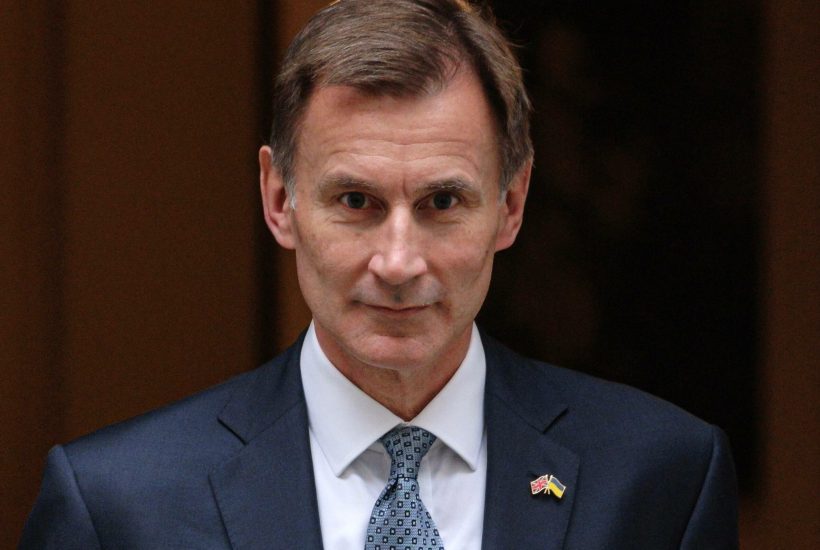The government expects its Autumn Statement to be judged on three tests. First of all, how do the markets react?
The decisions announced today by the Chancellor Jeremy Hunt mean that the government will be issuing £31 billion less in gilts – in other words, in borrowing – than expected after the mini-Budget. The initial market reaction to this has been positive. However, the new fiscal rule – to have debt falling as a percentage of GDP by the end of the five-year forecast period – is still relatively loose. Hunt and Sunak are relying on their credibility and their willingness to make difficult choices to reassure the markets.
Perhaps the biggest challenge for the government though is just how bad the economic situation is.
Second, will the Statement be seen as fair? Even if the mini-Budget had not led to a spike in borrowing costs, it still would have been a hard sell. Voters would have questioned whether the abolition of the 45p tax rate for those earning more than £150,000 should be a priority. Liz Truss’s government also seemed to be moving away from the idea of raising benefits in line with inflation. It was hard to explain the justification for cutting taxes for the richest while cutting benefits in real terms. By contrast, in this statement the starting rate for the 45p tax threshold has been dropped from £150,000 to £125,000 and benefits have been uprated in line with inflation.
The extra money for the NHS and schools in this Statement shows that they are this government’s spending priorities. Given the challenges facing the NHS this winter and next, it would have been extremely risky for the government not to increase funding. The money for schools and the emphasis on skills is evidence that Rishi Sunak has long regarded education as key to boosting the UK economy.
Perhaps the biggest challenge for the government though is just how bad the economic situation is. Hunt begun by saying that the Office for Budget Responsibility thinks that the country is already in recession. It is forecasting inflation of 7.4 per cent next year – which will make public sector pay settlements considerably below that hard to sell – the biggest squeeze on real household disposable income in recent times in the next two years.
The post Three ways Hunt’s Autumn Statement will be judged appeared first on The Spectator.
Got something to add? Join the discussion and comment below.
Get 10 issues for just $10
Subscribe to The Spectator Australia today for the next 10 magazine issues, plus full online access, for just $10.




















Comments
Don't miss out
Join the conversation with other Spectator Australia readers. Subscribe to leave a comment.
SUBSCRIBEAlready a subscriber? Log in